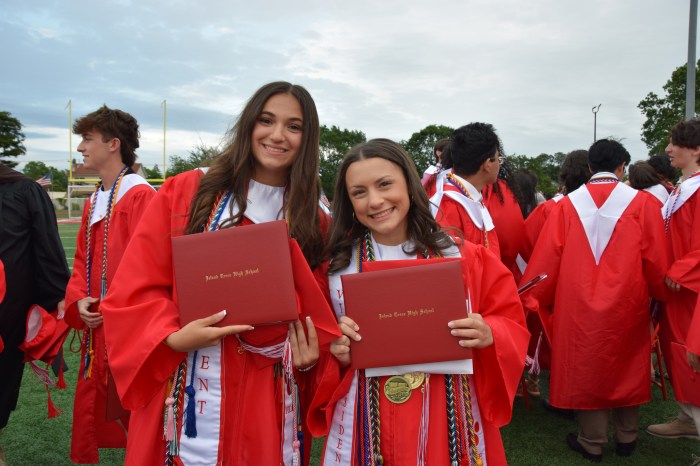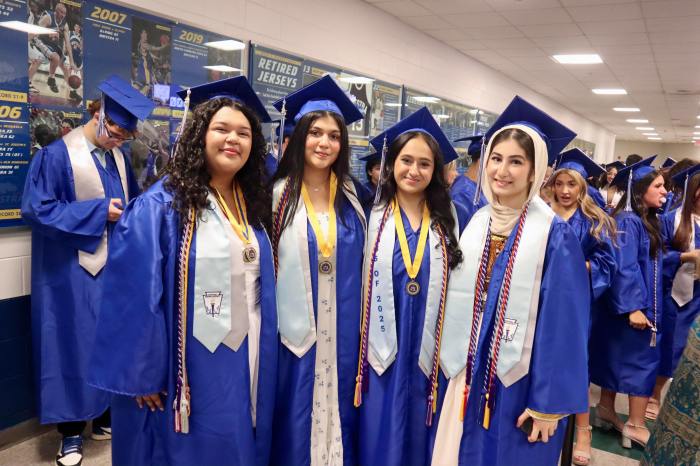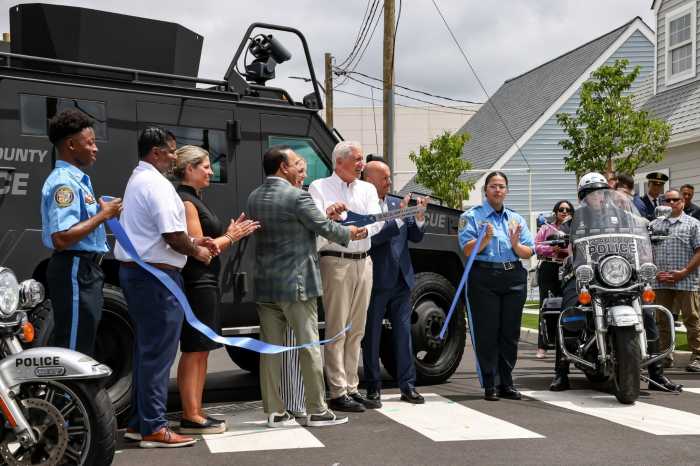“If people didn’t have to pay taxes to maintain public schools,” I recently advanced to a friend, in one of those mental exercises I’m apt to indulge, “then they’d have enough money to send their kids to a private school. There would then be a proliferation of private schools and the competition would drive down the costs of tuition. Supply and demand.”
My friend, a former member of the board of education in his community, was highly skeptical. He pointed out the skyrocketing costs of tuition in private academies. He cited one academy, used by a few Hollywood celebrities, in which kindergarten tuition is $32,000 a semester. I’m not, however, talking about where people who attend the Academy Awards matriculate their kids. There was a time when private schools were available to working class people. Back in the 1950s and 60s, for example, my father was a blue collar worker with an eighth grade education and a growing family (six kids by 1965). He raised his family in a working class Brooklyn neighborhood, saved up his money for a Levittown house, and sent four of his kids to St. Savior’s School.
Now my point is not that private schools should replace public education. Perhaps, yes. Perhaps, no. My point is that private tuition prompts people to think more about cost versus benefits than public schools tend to do. Parents with children enrolled in private school cannot, after all, raise their next-door neighbors’ taxes to cover the costs. Public school educators – and the taxpayers who fund them – need to think about what they receive and what return they receive for their money in a more cost versus benefits manner.
I recently conducted an informal survey of Division Avenue High School’s Class of 1995. I found that only 28 percent of the alumni still live in Levittown. Some 32 percent reside in New York State outside of Levittown. Some 24 percent – nearly a quarter – live out-of-state. Granted I was unable to determine the residence of 13 percent of the alumni in this cursory survey. Nevertheless, the point is clear: the Class of 1995, for the most part, didn’t stay in the school district that invested so much money to educate them. Jobs, housing, and educational opportunities away compelled them to leave. Did that investment really benefit Levittown taxpayers or improve the community? Did it put money back into the local economy?
Public education can’t be seen in tunnel vision. It’s part of the local economy and if we want to make it worth the investment, the whole issue of jobs and housing must fit into the equation. We need to think in more economic terms – which was the reason for my private tuition versus public tax mental exercise. Educators need to publicly address the whole phenomenon of outsourcing, downsizing, immigration, taxation, and qualification versus job ratio. There are too many young people who have left our area for want of opportunity – an area that was supposed to be the quintessential American Dream. There are too many people with college degrees working as sales clerks at the mall and the only reason they landed that job is because they left “college experience” blank on the job application. (Such people would have been no worse off had they been high school dropouts).
For generations we have said that education is the key to a better life in America. That metaphor was fine in 1956 but it’s outdated. Today education is more like a piece in a big jigsaw puzzle. It’s the piece that’s dead in the middle of the puzzle but can’t complete the puzzle without the other pieces interlocking.
Paul Manton
Vice President
Levittown Historical Society

































